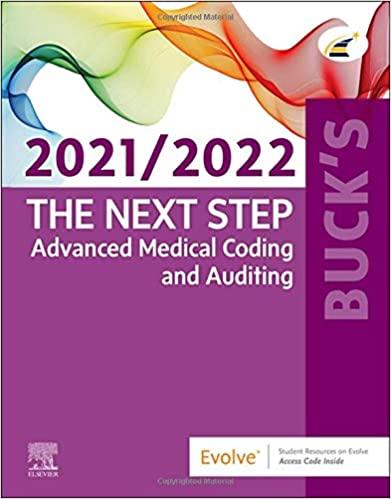plz answer the question for business entity law below:
Question 24 (this question has two parts - answer both parts) (a) Hawke Ltd is a listed public company. Keating Ltd holds 40 per cent of the issued shares in Hawke and Gillard Ltd has 35 per cent. The remaining 25 per cent is held by a diverse group of shareholders. Hawke has successfully tendered for the construction of the New South Wales First Fleet Memorial. It will need to raise some capital to carry out this project. The directors are concerned that Keating, which has interests in art galleries, will launch a takeover of Hawke. At a board meeting the directors resolve to allot a substantial number of shares to Gillard Ltd in consideration for a promise that Gillard will arrange finance for the construction of the memorial. The consequence of allotting the shares to Gillard is that after the allotment, Keating will only command 10 per cent of the voting power. Advise the directors of Hawke about the possibility of any challenge to their actions. (10 marks) (b) Hawke Ltd borrows $25,000 from one of its directors, Gough. The loan is approved by the board and is on standard terms and interest rate and is secured by a charge over one specified item of plant and equipment identified by serial number. The charge is not registered on the Personal Properties Securities Register. Subsequently Hawke Ltd borrows $100,000 from Bigbank secured by a charge over all Hawke's circulating and non-circulating assets. The charge is registered on the Personal Property Securities Register. There are problems with the proposed construction of the memorial as there are protests at the site with pickets saying "No memorial for invasion day The directors of Hawke are unable to meet the payment to Bigbank and decide to appoint a voluntary administrator Advise the administrator what rights Bigbank and Gough have as creditors in the administration. Would your advice be any different if you were advising a liquidator? Also advise the liquidator whether the loan from Gough breached the Corporations Act at the time. Would the liquidator be able to set it aside as a voidable transaction? (10 marks) Question 24 (this question has two parts - answer both parts) (a) Hawke Ltd is a listed public company. Keating Ltd holds 40 per cent of the issued shares in Hawke and Gillard Ltd has 35 per cent. The remaining 25 per cent is held by a diverse group of shareholders. Hawke has successfully tendered for the construction of the New South Wales First Fleet Memorial. It will need to raise some capital to carry out this project. The directors are concerned that Keating, which has interests in art galleries, will launch a takeover of Hawke. At a board meeting the directors resolve to allot a substantial number of shares to Gillard Ltd in consideration for a promise that Gillard will arrange finance for the construction of the memorial. The consequence of allotting the shares to Gillard is that after the allotment, Keating will only command 10 per cent of the voting power. Advise the directors of Hawke about the possibility of any challenge to their actions. (10 marks) (b) Hawke Ltd borrows $25,000 from one of its directors, Gough. The loan is approved by the board and is on standard terms and interest rate and is secured by a charge over one specified item of plant and equipment identified by serial number. The charge is not registered on the Personal Properties Securities Register. Subsequently Hawke Ltd borrows $100,000 from Bigbank secured by a charge over all Hawke's circulating and non-circulating assets. The charge is registered on the Personal Property Securities Register. There are problems with the proposed construction of the memorial as there are protests at the site with pickets saying "No memorial for invasion day The directors of Hawke are unable to meet the payment to Bigbank and decide to appoint a voluntary administrator Advise the administrator what rights Bigbank and Gough have as creditors in the administration. Would your advice be any different if you were advising a liquidator? Also advise the liquidator whether the loan from Gough breached the Corporations Act at the time. Would the liquidator be able to set it aside as a voidable transaction? (10 marks)







